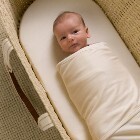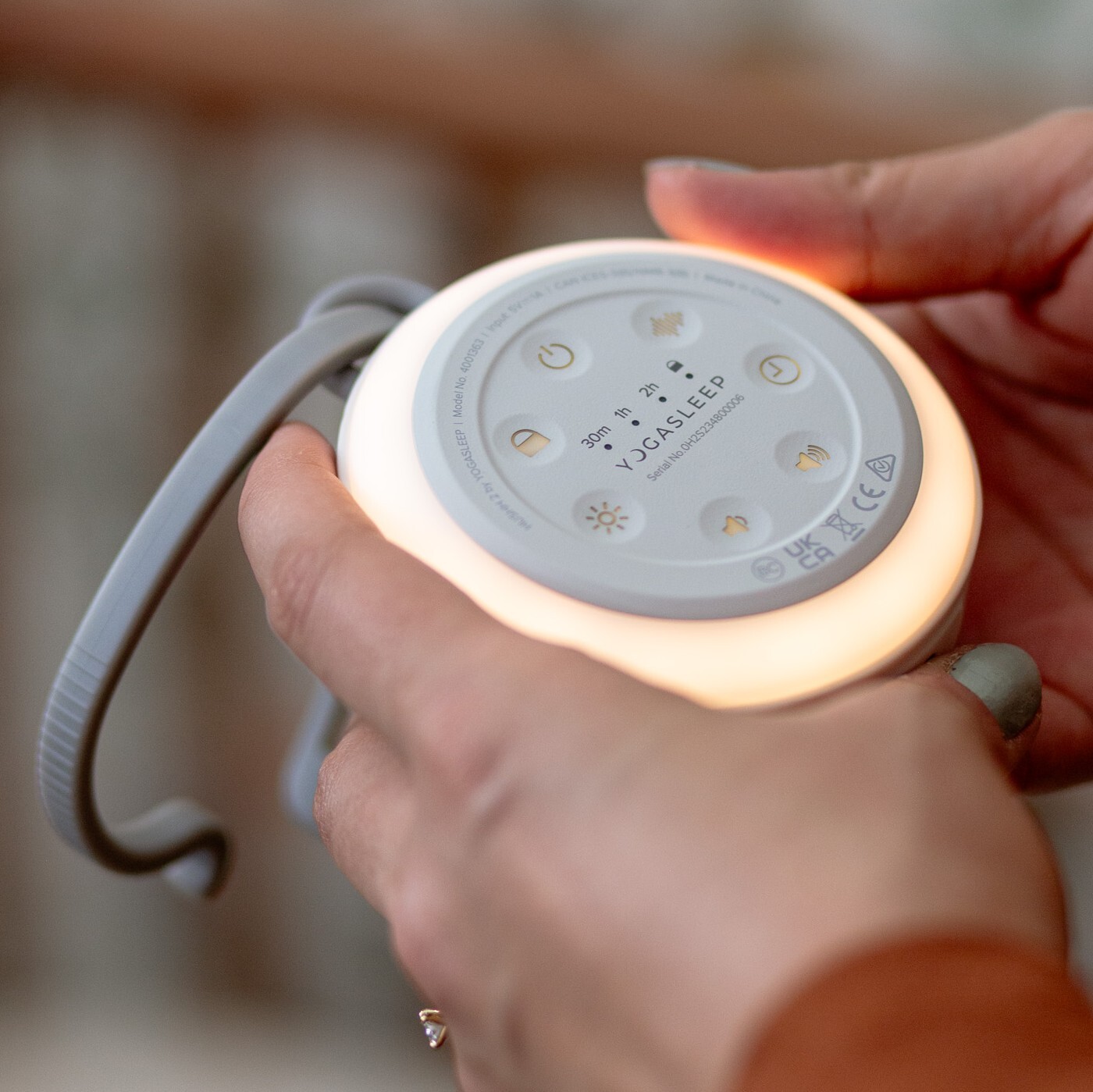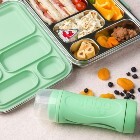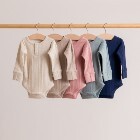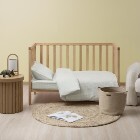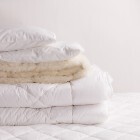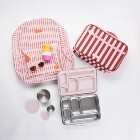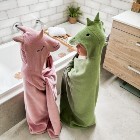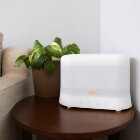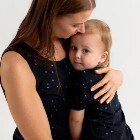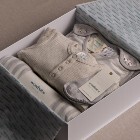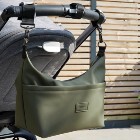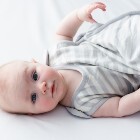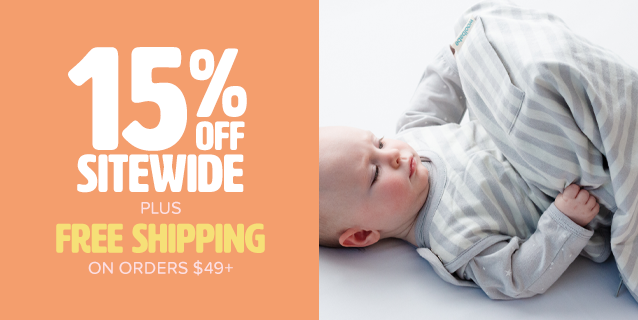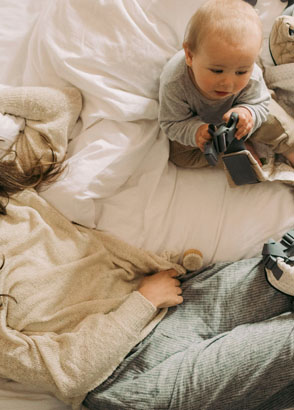Co-sleeping and bed-sharing is a tricky topic to write about. There are such polar views on the topic and at The Sleep Store, we feel a strong obligation to take a conservative approach with our information, babies lives are at stake after all when it comes to SIDS advice.
Reading research on SIDS and bed-sharing is tricky too. Studies are often reported by people looking to justify their position rather than objectively engage in a positive discussion about what the findings mean for public health policy and useful advice for parents. And research findings have shown all manner of results, often completely contradictory recommendations.
We have had info on our website for many years about co-sleeping safely, yet our usual advice has remained that it is safer to have baby in bed in a bassinet or cot in your bedroom rather than in bed with you as this is the recommendation of the AAP, the Ministry of Health and NZ SIDS experts. Until a couple of weeks ago, I hadn’t seen any info which has made me really reflect on changing this advice, and studies out last year and constant reminders from NZ coroners had lead me to think we needed to continue to advise separate sleep spaces both in our articles and when asked for advice on this issue.
However a new study out recently has made me think it is time for a review of our info, and we will be undertaking this in conjunction with my wonderful colleagues at Change for Our Children, who are just back from an International Conference on SIDS Education in Amsterdam. As an aside, they were presenting our joint project ‘Bag to Sleep’ to this international audience, where we work together to recycle sleeping bags and supply these to teen parent units as part of a safe sleep education program. International recognition of this Sleep Store developed initiative was very exciting and lovely for our team who wash, mend and lovingly package the recycled sleeping bags along with all the new ones we donate regularly.
Anyway, back to the new research. It’s titled ‘Bed-sharing in the absence of Hazardous Circumstances; is there a risk for Sudden Infant Death Syndrome’, by leading UK researcher Peter Blair. You can read an excellent summary of the research here on Science of Mum’s Blog or read the full research article here.
The research was a detailed review of two earlier studies and was seeking to quantify whether risk of SIDS from bed-sharing remained when you took away known hazards such as alcohol and drug use, smoking and sleeping on a sofa, with a particular focus on the under 3 months age group. It also questions whether advice should take a blanket approach against bed-sharing in any circumstances as chosen for example by the American Academy of Paediatrics (and we have in NZ) or would it be better to acknowledge that bed-sharing is a common practice and specifically target hazardous circumstances.
The research discussion includes the following:
“There was no significantly increased risk for SIDS associated with bed-sharing in the absence of sofa-sharing, alcohol consumption and smoking. In infants aged less than 3 months the same proportion of SIDS infants and control infants bed-shared in the absence of these hazardous conditions and the difference was not significant. Conversely, bed-sharing in the absence of other hazards was significantly protective for infants older than 3 months; a finding that was unexpected and has not been previously reported to our knowledge. Notably, the risk associated with infants co-sleeping on a sofa or sleeping next to an adult in the parental bed who had consumed more than two units of alcohol was a magnitude higher than most risk factors associated with SIDS. Both of these environments pose a risk to the infant regardless of infant age. The reasons as to why infants are at increased risk when sleeping next to a smoker are not clear, but this risk seems to be far greater in the younger infants”.
So the key recommendations that come out of this research for parents are:
-
Don’t co-sleep on a couch or chair. If you feed your baby on a couch or chair during the night, and you think there is a chance that you’ll fall asleep there, you’ll probably actually be safer – not to mention more comfortable – feeding in bed (this assumes your bed is safe, ie no pillows or adult bedding near baby).
-
Don’t bed-share if either parent in the bed has had more than 2 drinks of alcohol.
-
Don’t bed-share if either parent smokes, especially with babies younger than 3 months.
For me, these new findings gel with high profile SIDS deaths in NZ, where alcohol in particular has been a very common factor. However in every case, the Coroner has come out loudly against any form of bed-sharing, even calling it a form of child abuse last year, with no mention of how parents can make their bed-sharing safe. Some of these cases were downright shocking and as Wallace Bain said at the time, completely preventable. But cases were a baby has died in bed with a parent after a night of heavy drinking or died in the back seat of a car, smothered by a mother who has fallen asleep after heavy drinking are so far from the well planned, intentional bed-sharing going on in thousands of family beds every night in NZ. Drunken neglect will always be potentially and tragically dangerous, whether you are in bed together, driving or just not caring for your baby.
I do hope that Coroners will read the Peter Blair study and start to use their position to highlight the specific hazardous conditions with bed-sharing rather than the ongoing tirade against bed-sharing in general which is not actually changing anything, especially in the very high risk situations ending in tragedy.
It’s time advice to parents about bed-sharing separates out the tragic and neglectful cases, and clarifies the hazardous situations to avoid. And makes it clear what safe bed-sharing looks like, as we have had on our website for ages and we will add more detail and context too in light of this new research.
The authors of the study concluded with:
“An important implication of our findings is that to give blanket advice to all parents never to bed-share with their infant does not reflect the evidence. There is a danger that such advice could influence parents to seek alternative, more dangerous sleep surfaces such as a sofa. In our study in 2003-2006 a number of families whose infants died informed us that they had been advised not to bed-share and thus fed the infant (and fell asleep) on a sofa… Of course we should inform the public about risks that can be associated with bed-sharing, but bed-sharing is a widespread socio and cultural norm; giving across the board advice to simply not do it negates the option of highlighting the specific and highly significant risks we have found.”
And I think this says it all really. A large number of our Facebook community, article and Blog readers and customers do bed-share and no amount of advice, Coroners’ alarmist comments or policy from the Government or anyone else will change this. It just shuts down the opportunity for a discussion about safety, particularly in at risk families where the hazardous conditions such as smoking and drinking should be obvious to health professionals and social workers.
And in particular new parents joining us all the time will bed-share, either through parenting philosophy, exhaustion or it just happening. While the safe co-sleeping guidelines have always been there, it’s time to dust off the info and advice that goes around this. The work that has been done by Unicef in the UK is really good, such as their pamphlet on Caring for your Baby Through the Night. It recommends baby sleeping in a cot by your bed, but acknowledges co-sleeping is common and covers the main hazardous conditions to avoid. Nice work Unicef, Science of Mum and Dr Pete Blair.
As another aside, I hope that the Ministry of health will also re-look at the topic of dummy use and SIDS rates, as some American research has shown dummy use can up to halve the rate of SIDS. While baby friendly initiatives may be helping breastfeeding rates, a finding that can halve the rate of SIDS must surely warrant serious investigation, whether you agree with dummies or want to promote breastfeeding. A topic for another day!
By Louise, Sleep Coach & Owner of The Sleep Store


